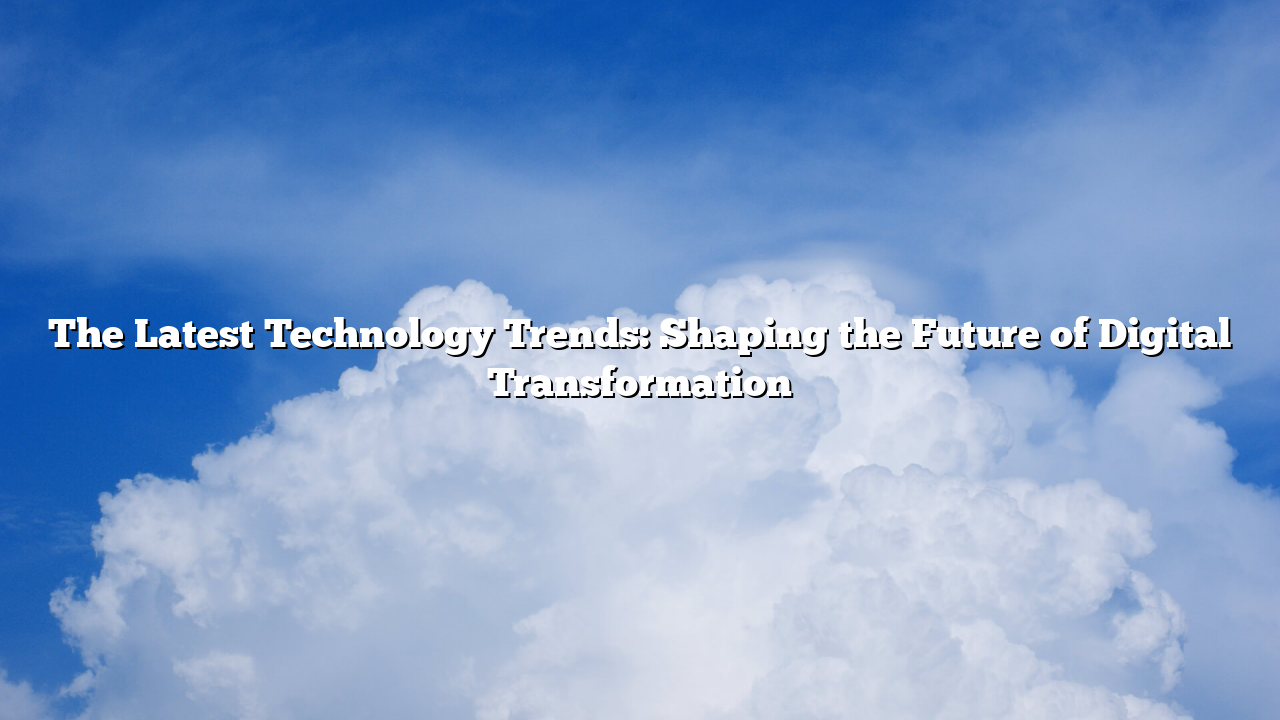In recent years, technological innovation has accelerated at an unprecedented pace, reshaping the way people live, work, and interact. From artificial intelligence to green technology, these advancements are driving digital transformation across industries and societies. Understanding the latest Tempur99 technology trends is crucial, as they open up new opportunities while also presenting unique challenges.
One of the most significant developments is Artificial Intelligence (AI). AI has evolved beyond simple automation and is now capable of performing complex tasks such as natural language processing, predictive analytics, and image recognition. In healthcare, AI assists doctors in diagnosing diseases with greater accuracy. In finance, it helps detect fraud and optimize investments. Meanwhile, the rise of generative AI, including chatbots and content creation systems, is changing how businesses engage with customers and how individuals access information. While AI promises efficiency and innovation, ethical concerns regarding bias, transparency, and job displacement remain critical issues.
Another prominent trend is the Internet of Things (IoT). IoT enables everyday devices to connect and communicate through the internet, creating smart ecosystems. From wearable health monitors and smart homes to autonomous vehicles and industrial automation, IoT provides convenience and efficiency. For example, a connected supply chain can track products in real time, reducing costs and waste. However, as the number of connected devices grows, so does the risk of cyberattacks, highlighting the importance of strong data security measures.
The rollout of 5G technology is also transforming the digital landscape. With much faster speeds and lower latency compared to 4G, 5G is paving the way for next-generation applications. Augmented reality (AR) and virtual reality (VR) experiences are becoming more immersive, smart cities are gaining momentum, and industries are adopting robotics at scale. 5G does not simply mean faster internet—it represents a foundational infrastructure for the future of digital communication and automation.
Meanwhile, blockchain and Web3 technologies are gaining traction as tools for decentralization, transparency, and security. Initially popularized by cryptocurrencies, blockchain applications are now expanding into supply chain management, digital identity verification, and even voting systems. While regulatory uncertainty and scalability issues remain challenges, blockchain’s potential to reshape financial systems and governance structures cannot be ignored.
Equally important is the growth of green technology. As climate change becomes an urgent global concern, innovations in renewable energy, sustainable materials, and energy-efficient devices are being prioritized. Companies are investing in eco-friendly technologies not only to reduce their carbon footprint but also to meet the rising expectations of environmentally conscious consumers. For instance, advancements in battery technology are enabling longer-lasting electric vehicles, while smart energy grids are optimizing power distribution.
Lastly, quantum computing is emerging as a groundbreaking frontier. Though still in its early stages, quantum computing has the potential to revolutionize fields that require massive computational power, such as drug discovery, climate modeling, and cryptography. While mainstream adoption may be years away, the research and investments being made today could unlock solutions to problems that classical computers cannot solve.
In conclusion, the latest technology trends—AI, IoT, 5G, blockchain, green technology, and quantum computing—are collectively shaping the future of digital transformation. These innovations bring immense opportunities for progress, efficiency, and sustainability. At the same time, they present challenges related to ethics, security, regulation, and social impact. As we move deeper into the digital era, it will be essential for governments, businesses, and individuals to adapt responsibly, ensuring that technology serves as a force for inclusive and sustainable growth.
